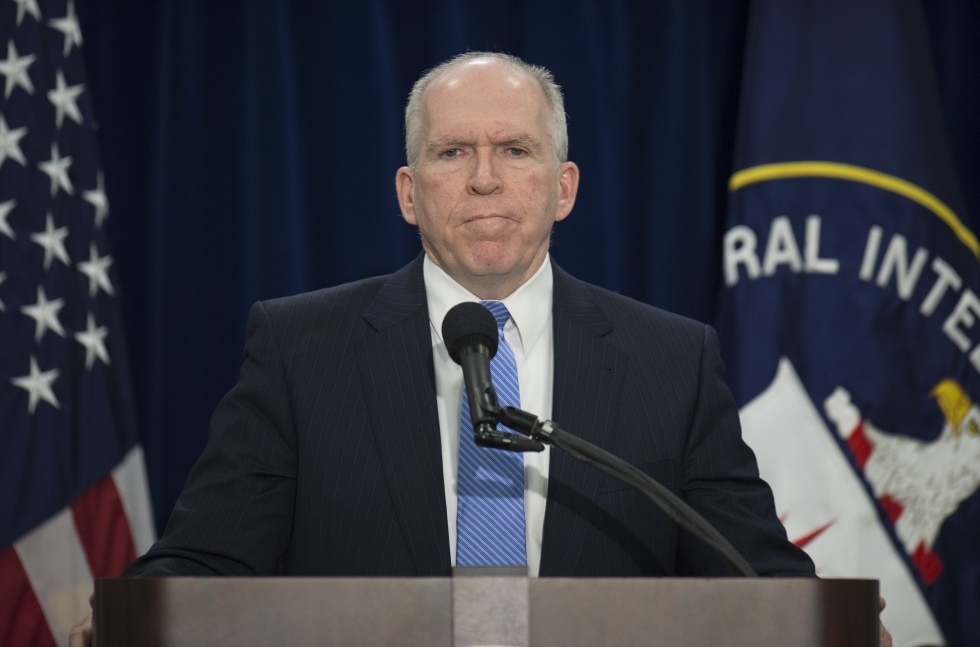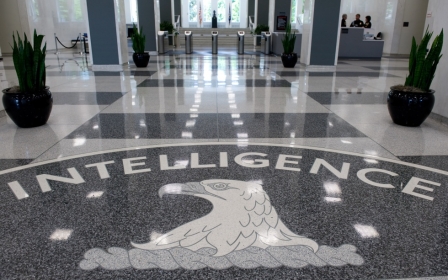Effectiveness of interrogation is 'unknown and unknowable': CIA director

Central Intelligence Agency (CIA) director John Brennan has hit out at criticism of his organisation in the wake of the release of a report into allegations of torture by the group.
Speaking at a press conference in Virginia on Thursday, Brennan acknowledged that mistakes had happened involving “abhorrent” incidents, but emphasised that the CIA had reformed, and strongly denied that the agency had misled the US government or public as to the effectiveness of Enhanced Interrogation Techniques (EIT).
"The agency failed to establish quickly the operational guidelines needed to govern the entire effort," he said.
"In a limited number of cases, agency officers used interrogation techniques that had not been authorised, were abhorrent and rightly should be repudiated by all, and we fell short when it came to holding some officers accountable for their mistakes," he said.
He also stated that interrogation of terror suspects produced intelligence to "thwart attacks and save American lives".
Declining to refer to the EITs as “torture”, he also dismissed accusations that he was being obtuse with regards to the CIA’s actions.
"I think there's been more than enough transparency in the last couple of days,” he said. “I think it's over the top."
Throughout Brennan’s speech, Dianne Feinstein, chair of the Intelligence Select Committee and the person primarily responsible for the report’s release, tweeted ripostes to Brennan’s testimony, using the hashtag #ReadTheReport.
In response to accusations that the interrogation techniques did not yield any useful information, Brennan claimed that any proof of cause and effect was “unknown and unknowable” while adding that those subjected to the techniques often “subsequently provided information that our experts found to be useful”.
Feinstein lambasted this logic on twitter:
One journalist also inquired as to whether there would be any release of the “Panetta Review”, referring to a secret internal review conducted by former CIA director Leon Panetta, which further documents interrogation under the government of former US President George W. Bush.
Brennan responded that it would not be released as it had not been completed. Feinstein tweeted that the review “agreed with study’s conclusion”, referring to the recent report.
Former US Vice President Dick Cheney on Wednesday blasted the Senate report detailing torture of "war on terror" detainees, calling it "terrible" and "full of crap".
Cheney, who was vice president under Bush when the brutal "enhanced interrogation techniques" were used, said the programme was entirely justified.
"We did exactly what needed to be done in order to catch those who were guilty on 9/11 and to prevent a further attack, and we were successful on both parts," he told Fox News.
Among its revelations, the CIA report revealed a more widespread use of waterboarding – a technique which simulates drowning by placing a wet towel over a suspect's head – than had been attested to by the government, which originally claimed that only three people – al-Qaeda suspects Khalid Sheikh Mohammed, Abu Zabaydah, and Abd Al Rahim al-Nashiri – had been subjected to it.
It also documented the use of “stress positions”, non-stop interrogation and “forced rectal feeding”.
The report also suggested that the CIA had lied about the effectiveness of the techniques, claiming after examing 20 case studies that the methods “regularly resulted in fabricated information”.
Middle East Eye propose une couverture et une analyse indépendantes et incomparables du Moyen-Orient, de l’Afrique du Nord et d’autres régions du monde. Pour en savoir plus sur la reprise de ce contenu et les frais qui s’appliquent, veuillez remplir ce formulaire [en anglais]. Pour en savoir plus sur MEE, cliquez ici [en anglais].




